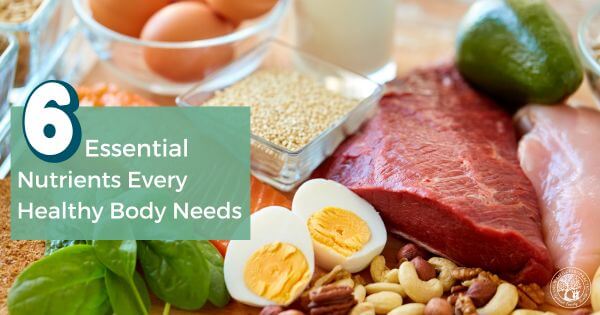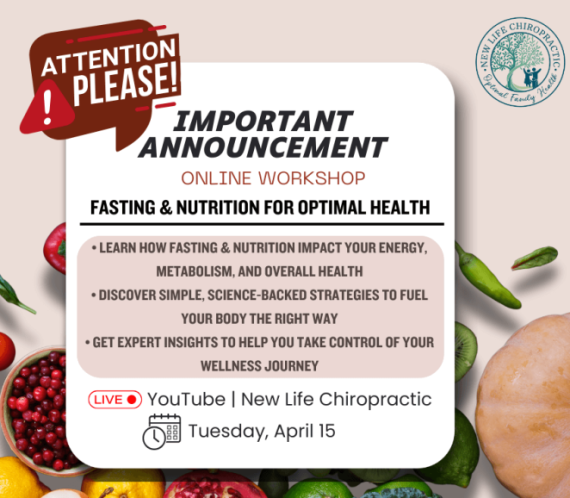
Experts classify nutrients as “essential” because your body cannot make them, yet requires these nutrients for growth, maintenance, repair, and so much more. Essential nutrients can be grouped into six categories: carbohydrates, protein, fat, vitamins, minerals, and water.
Carbohydrates
Carbohydrates encompass three categories:
- Fiber
- Starch
- Sugar
Healthy carbohydrates contain more nutrients and fiber. Because your body digests them more slowly, they fill you up faster. Sugar, on the other hand, absorbs quickly, spiking blood glucose levels to give you a short-term boost that soon leaves you crashing.
The least-processed carbohydrates are your best sources. They include low-sugar fruits like berries as well as leafy and cruciferous greens.
Protein
Protein—or more accurately, the 20 amino acids your body derives from protein- provides your body the building blocks for muscle, bone, skin, hair, and so much more.
Protein breaks down into two categories: Essential and non-essential amino acids. Your body cannot make essential amino acids, so you must get them from food.
The Institute of Medicine (IOM) recommends the average adult get about 0.36 grams of protein per pound. For a 150-pound person, that would be about 54 grams of protein per day. Some experts believe that the number is too low, especially considering the numerous roles protein plays.
Fat
Dietary fat (scientifically called lipids) falls into three categories:
- Saturated
- Monounsaturated
- Polyunsaturated
Polyunsaturated fats include omega-3 and omega-6 fats, which are considered essential for brain function, cell growth, and more because your body cannot make them. Very few foods contain just one type of fat.
Your body requires healthy fats for absorbing nutrients, balancing your blood sugar levels, lowering your risk of disease, and more. Researchers debate whether saturated fat is bad. One thing they agree on: The truly bad fats are “partially hydrogenated” fats, called trans fats, that you find in some vegetable oils and processed foods.
Vitamins
The 13 known vitamins fall into two categories:
- Water-soluble
- Fat-soluble.
The body cannot store water-soluble vitamins, which are quickly excreted in your urine and need to be replaced more often than fat-soluble vitamins. Deficiencies in any specific vitamin can create widespread problems that span from mild to life-threatening.
Too little or too much of one vitamin can create imbalances in other nutrients. Even with a healthy diet, cooking, storage, and exposure to air can deactivate these fragile compounds.
Minerals
Like vitamins, minerals support numerous bodily functions, including:
- Building and maintaining healthy bones and teeth
- Supporting muscle function
- Optimizing immunity
- Energy production.
Minerals fall into two categories:
- Major
- Trace
Your body requires larger amounts of major minerals. Mineral deficiencies can create widespread problems. Consider magnesium, the mineral plays a role in over 300 enzyme systems. Too much of one mineral can create imbalances in another.
Water
Overall, about 60 percent of your body is water. Sufficient water intake becomes vital for nearly every bodily function.
The average adult man needs about three liters per day, whereas an adult female needs about 2.2 liters daily. A good rule of thumb is to drink half your body weight in water ounces every day. If you weigh 160 pounds, that’s about 80 ounces of water. Keep a BPA-free canteen nearby filled throughout the day to meet that quota.
Want to learn more about HEALTHY NUTRITION?
Join us for the Fasting 101 Nutrition Health Workshop

TUESDAY 4/15/25 at 6pm live on our YouTubeChannel.
